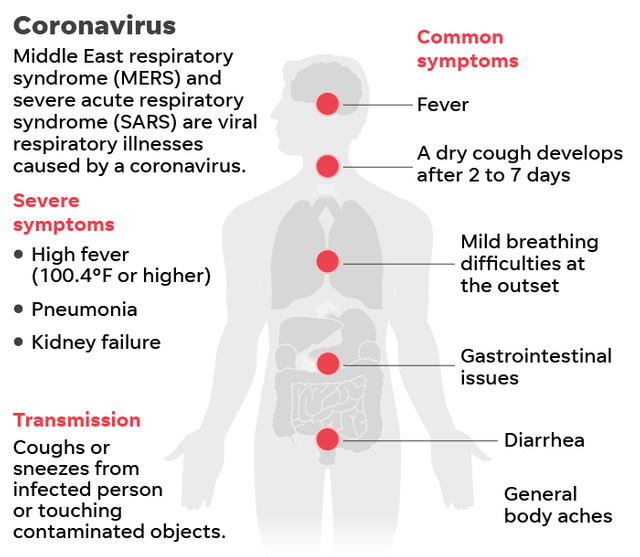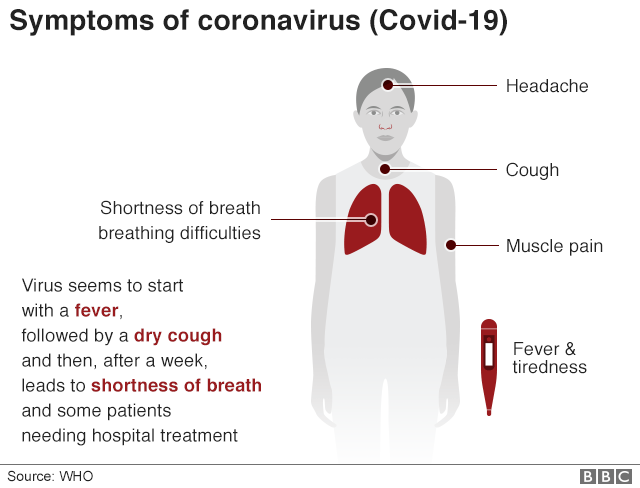
"Corona virus or severe acute respiratory syndrome coronavirus 2 (SARS-CoV-2) is a virus that attacks the respiratory system. This disease caused by a viral infection is called COVID-19. Corona virus can cause disorders of the respiratory system, acute pneumonia, until death."
HP LaserJet Pro M14-M17 Driver
Severe acute respiratory syndrome coronavirus 2 (SARS-CoV-2), better known as the Corona virus, is a new type of coronavirus that is transmitted to humans. This virus can affect anyone, both infants, children, adults, the elderly, pregnant women, and nursing mothers.
This virus infection is called COVID-19 and was first discovered in the city of Wuhan, China, at the end of December 2019. This virus spread quickly and has spread to other regions in China and to several countries, including Indonesia.
Coronavirus is a collection of viruses that can infect the respiratory system. In many cases, this virus only causes mild respiratory infections, such as flu. However, this virus can also cause severe respiratory infections, such as lung infections (pneumonia), Middle-East Respiratory Syndrome (MERS), and Severe Acute Respiratory Syndrome (SARS).
HP DesignJet T525 24-in Driver
Symptoms of Corona Virus
Corona virus infection or COVID-19 can cause sufferers to experience flu symptoms, such as fever, runny nose, cough, sore throat, and headache; or symptoms of severe respiratory infections, such as high fever, cough with phlegm and even bleeding, shortness of breath, and chest pain.
However, in general there are 3 general symptoms that can indicate someone is infected with the Corona virus, namely:
Fever (body temperature above 38 degrees Celsius)
Cough
Hard to breathe

According to research, symptoms of COVID-19 appear within 2 days to 2 weeks after exposure to the Corona virus.
When to see a doctor ?
Immediately see a doctor if you experience symptoms of a Corona virus infection (COVID-19) as mentioned above, especially if symptoms appear 2 weeks after returning from an area that has a COVID-19 case or interacting with a sufferer of Corona virus infection.
If you might be exposed to the Corona virus but don't experience any symptoms, you don't need to go to the hospital to have a checkup, just stay at home for 14 days and limit contact with others.
Alodokter also has a feature to help you check the risk of contracting the Corona virus more easily. To use the feature, please click the image below.
Causes of Corona Virus
Corona virus infection or COVID-19 is caused by coronavirus, which is a group of viruses that infect the respiratory system. In most cases, coronaviruses only cause mild to moderate respiratory infections, such as flu. However, this virus can also cause severe respiratory infections, such as pneumonia, Middle-East Respiratory Syndrome (MERS), and Severe Acute Respiratory Syndrome (SARS).
It is suspected that the Corona virus was initially transmitted from animals to humans. However, it was later discovered that the Corona virus was also transmitted from human to human.
A person can get COVID-19 through a variety of ways, namely:
Accidentally inhale saliva splashes from sneezing or coughing sufferers of COVID-19
Hold the mouth or nose without washing hands first after touching an object affected by saliva splashes of COVID-19 sufferers
Close contact with people with COVID-19, such as touching or shaking hands
Corona virus can infect anyone, but the effect will be more dangerous or even fatal if it occurs in elderly people, pregnant women, people who are sick, or people whose immune systems are weak.
Corona Virus Diagnosis
To determine whether the patient is infected with the Corona virus, the doctor will ask about the symptoms experienced by the patient. The doctor will also ask if the patient is traveling or living in an area that has a case of Corona virus infection before symptoms appear.
To confirm the diagnosis of COVID-19, the doctor will carry out the following follow-up examinations:
Blood sample test
A throat swab test to examine sputum samples (PCR test)
Chest radiograph to detect infiltrates or fluid in the lungs
Corona Virus Treatment
Corona virus infection or COVID-19 can not be treated, but there are some steps that doctors can take to reduce symptoms and prevent the spread of the virus, namely:
Refer COVID-19 sufferers to undergo treatment and caratina at the designated hospital
Provide fever and pain relievers that are safe and in accordance with the patient's condition
Encourage sufferers of COVID-19 to get enough rest
Encourage sufferers of COVID-19 to drink lots of water to maintain body fluid levels
Complications of Corona Virus
In severe cases, Corona virus infection can cause the following serious complications:
Pneumonia
Secondary infection of other organs
Kidney failure
Acute cardiac injury
Acute respiratory distress syndrome
Dead
Corona Virus Prevention
Until now, there is no vaccine to prevent Corona virus infection or COVID-19. Therefore, the best preventive way is to avoid the factors that can cause you to be infected with this virus, namely:
Avoid traveling to public places that are crowded with visitors.
Use a mask when on the move in public places or crowds.
Wash your hands regularly with soap and water or hand sanitizer containing at least 60% alcohol after doing activities outside the home or in public places.
Do not touch the eyes, mouth and nose before washing hands.
Avoid contact with animals, especially wild animals. In case of contact with animals, wash your hands afterwards.
Cook the meat until it is completely cooked before consumption.
Cover your mouth and nose with a tissue when you cough or sneeze, then throw the tissue in the trash.
Avoid being close to people who are sick with a fever, cough, or runny nose.
Keep clean objects that are often touched and environmental cleanliness.
For people suspected of being affected by COVID-19 or included in the ODP (monitored person) category, there are steps that can be taken so that the Corona virus is not transmitted to others, namely:
Do not leave the house, except for treatment.
Check with your doctor only if you experience symptoms of respiratory distress accompanied by fever or meet PDP criteria (the patient is under surveillance).
Try to stay apart from other people for a while. If it is not possible, use a bedroom and bathroom that is different from what others use.
Prohibit and prevent others from visiting or visiting you until you are completely healed.
As much as possible do not have meetings with people who are sick.
Avoid sharing the use of cutlery and drinking equipment, toiletries, and sleeping equipment with others.
Wear a mask and gloves when in a public place or with someone else.
Use tissue to cover your mouth and nose when coughing or sneezing, then immediately throw the tissue in the trash.